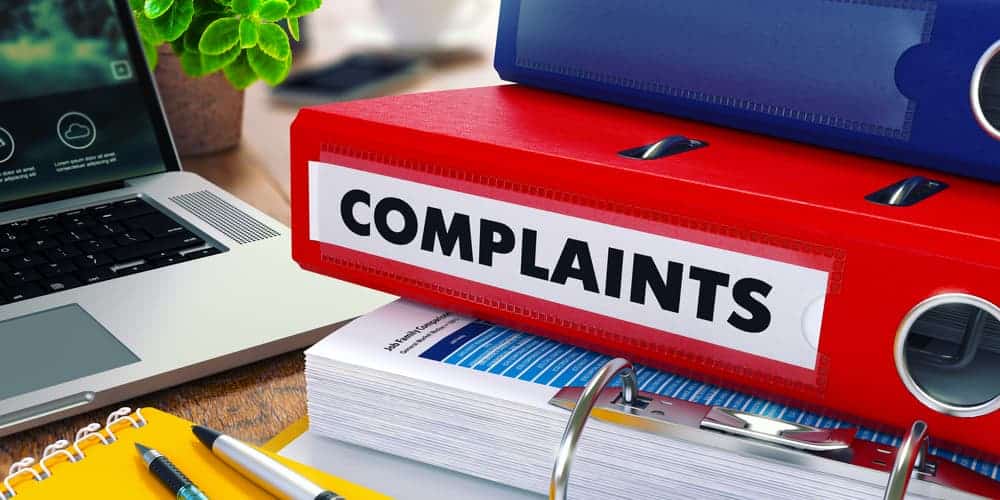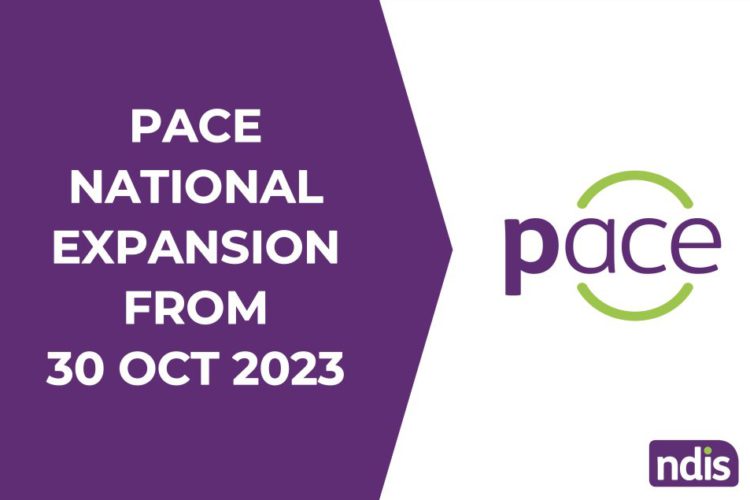
4 Best Practices for Complaints Management Under The NDIS
Managing complaints is a big part of working under the NDIS, so you should be aware of the latest regulations and best practices when it comes to complaints management.
While handling NDIS complaints can seem time-consuming and tedious, it’s one of the primary ways auditors use to review an organisation’s overall performance.
To help you manage complaints effectively, a management system is critical, and so are a few best practices set forth by the NDIS Quality & Safeguards Commission.
How To Manage Complaints as an NDIS Provider

People with disabilities have a right to complain when the services they receive are subpar or unsatisfactory, and they’re encouraged to do so under the NDIS.
As a registered service provider, you must have a complaints policy and system in place to record and address potential NDIS participants’ complaints. This is by law.
Since 2018, the NDIS Quality & Safeguards Commission is in charge of handling complaint resolution for every provider, from the small shop to the big enterprise.
The result of complaints is most often beneficial to all parties involved: services improve, policies and procedures are adjusted, and issues are solved in a timely manner.
But how can you manage complaints effectively as a provider?
Leveraging a Complaints Management System
To be compliant with Complaints Managements and Resolution regulations set forth by the NDIS Commission, every provider must allow the following:
- Enable anyone to make a complaint about the supports provided
- Provide participants with an easy and seamless process to make a complaint
- Offer immediate assistance to any NDIS participants making a complaint
- Acknowledge, handle, and resolve filed complaints promptly
- Keep record of complaints with reason, steps taken, and outcome
- Inform participants of the complaint resolution progress
All of these moving pieces mean that employing a complaints management system is critical for participants to voice their concerns and providers to gather feedback.
When working with complaints, you’re responsible for identifying, accepting, and resolving issues promptly while taking full accountability for the supports provided.
This allows you to unearth problems you weren’t previously aware of, and makes it easier for you to adjust accordingly… Some business areas that benefit from this are:
» Customer Service
Placing participants at the center of the process ultimately enhances customer satisfaction while helping you maintain compliance with the NDIS.
Documenting resolution allows providers to use the data and improve upon their existing processes, leading to better overall customer service.
» Policies and Procedures
While complaints are made about communication and customer service in general, they can also help identify needed improvements in terms of policies and procedures.
Complaints can highlight policy inefficiencies such as unclear documentation or unnecessary steps, but they can also unearth inconvenient procedures for your team.
» Employee Training & Education
A complaints management system is also a great educational tool as it provides new staff or existing members with valuable insights and includes training material.
This helps keep senior management up to date with best practices and provides them with an accurate snapshot of what’s happening at the operational level.
4 Best Practices to Implement a Complaints System

You can’t effectively monitor complaints if you don’t have a system in place. The more you grow as an NDIS business, the more complaints will start piling up.
This makes managing complaint files extremely difficult if you don’t organize them appropriately (which you can do via paper first and through software as you grow).
The process of managing complaints can also be complex and overwhelming for employees, which is why you should embed it within your existing procedures.
New employees will need training on how the complaints system works, what type of action they have to take when participants file complaints, and who’s responsible.
Here are 4 best practices to follow:
Best Practice #1: Provide an Easily Accessible System
The first step to take is to implement an effective complaints system is to make sure your complaints handling process is accessible, visible, and easy to understand.
You should have a clear and documented process highlighting key steps for participants to make a complaint either directly to you or to the NDIS Commission.
This should be part of your service agreement with the participant…
(Grab a free template if you haven’t created one yet!)
The more transparent you are about your complaints management system, how it works, and how to benefit from it, the higher the participants’ satisfaction will be.
Best Practice #2: Acknowledge the Complaint
Acknowledging a complaint is an important step as it will set the tone for the rest of the resolution process. This will show that you’re committed to resolving the issue.
Showing empathy, listening to concerns without interrupting, and making sure the complainant is comfortable talking to you are all crucial steps at this stage.
You should also let the complainant know you’ll be notifying them regularly about next steps following their complaint, and that this will be done promptly.
The acknowledgment should always convey your positive attitude towards resolving complaints and aim at improving customer satisfaction.
Best Practice #3: Offer Actionable Next Steps
There’s nothing more frustrating than a bad experience followed by an incomplete response that doesn’t address the issue or only provides a partial answer.
Giving clear next steps helps reduce the time spent on the complaint by avoiding multiple back and forths, and it also improves customer satisfaction (your number #1 goal!).
Make sure staff knows the facts regarding a complaint at all times:
- Document complaints properly in a software suite like Brevity
- Assign a manager to oversee the progress of a complaint
- Have procedures in place for handling these interactions
- Report findings to auditors and the NDIS Commission
Prioritizing complaints by level of urgency and importance is also something you should consider as your organization grows, all in the name of providing timely next steps.
Have your staff go through complaints procedures often, and keep updating them on new implementations based on previous experiences and planned improvements.
Best Practice #4: Solve The Issue Promptly
Some complaints will be hard to fix, others can be addressed on the spot. You want to take the shortest route to resolution without putting stress on the participants.
Involve the participant every step of the way. Make them feel like you value their opinion, and that you’re determined to work hand in hand with them.
Always give the participant a clear deadline and make sure to follow up with them. Ask whether they’re happy with the outcome or not and gather feedback.
Taking prompt action means knowing which customers have complained in the first place, and at what stage of the resolution process they are. For this, you need a system.
Each provider will have their own way of handling complaints depending on the supports provided so keep them documented to improve your processes over time.
Complaints Make for a Better NDIS Experience

While certainly not the most glistening part of managing an NDIS business, good complaints management makes for a better experience on both ends.
Participants feel safe to use your supports, and you gather valuable feedback to shape your services while maintaining compliance with the NDIS Commission.
It’s the best of both worlds, and it can only be achieved with a system in place. And while paper is great for this, software can handle it more efficiently.
Whether your experience with complaints has been positive or negative so far, committing to NDIS participants’ well-being is a big responsibility.
Handling complaints is the ultimate balancing act between making sure there are as few as possible of them and treating those that do exist with the highest of priority.
This leads to participants trusting your firm and referring you to other participants in need, making for a better experience on their end and a stronger business on yours.
Originally published Feb 15 2021



